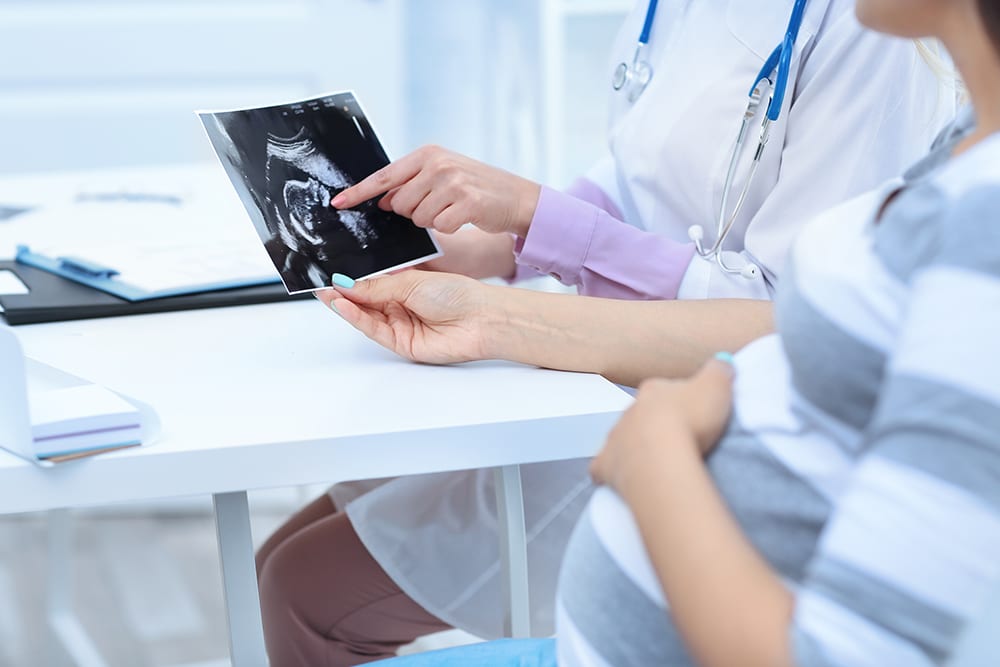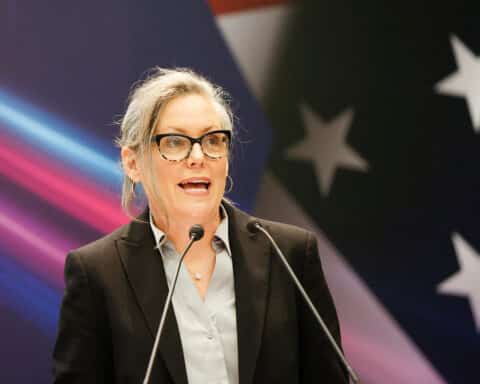On Jan. 1, The New York Times published on its website a stunning article titled “When They Warn of Rare Disorders, These Prenatal Tests Are Usually Wrong.” The piece, written by Sarah Kliff, an investigative reporter who focuses on health care for the Times, and freelance writer/researcher Aatish Bhatia, explores the inaccuracy of tests that screen the unborn for a variety of rare diseases and genetic conditions.
In a New Year’s Day tweet, Kliff sums up the article: “Prenatal tests promise to detect rare genetic diseases in babies by scanning DNA. Labs market them as ‘reliable.’ They tell women to have ‘total confidence’ in results. It turns out, the grave predictions made by those tests are usually wrong. … What we found: The tests’ findings of disorders are wrong a surprising amount of the time, between 81 and 93 percent.”
The article begins by telling the story of 32-year-old Yael Geller, who “was thrilled when she found out she was pregnant in November 2020.” Later, “a prenatal blood test indicated her fetus might be missing part of a chromosome, which could lead to serious ailments and mental illness. Sitting on the couch that evening with her husband, she cried as she explained they might be facing a decision on terminating the pregnancy. … The next day, doctors used a long, painful needle to retrieve a small piece of her placenta. It was tested and showed the initial result was wrong. She now has a 6-month-old, Emmanuel, who shows no signs of the condition he screened positive for.”
Thousands of people have commented on the article on The New York Times’ website and Facebook page, many of whom share heart-wrenching stories similar to Geller’s — mothers and fathers who contemplated aborting their child after receiving the news that he or she might be born with a life-threatening or life-altering health condition, only to give birth to a fully healthy child. Too often, doctors who have vowed to “do no harm” push abortion as the safest and simplest solution to parents who are terrified of what the future might hold for them and their children after receiving such frightening news.
While undergoing prenatal testing is not in and of itself immoral, any conclusion leading to abortion most certainly is. In 1987, the Congregation for the Doctrine of the Faith, led at the time by Cardinal Joseph Ratzinger (the future Pope Benedict XVI), answered questions pertaining to prenatal tests in its letter Donum Vitae (“Respect for Human Life”). It stated: “Any directive or program … which in any way were to favor a link between prenatal diagnosis and abortion, or which were to go as far as directly to induce expectant mothers to submit to prenatal diagnosis planned for the purpose of eliminating foetuses which are affected by malformations or which are carriers of hereditary illness, is to be condemned as a violation of the unborn child’s right to life.”
And still, an estimated 67% of children who are diagnosed with Down syndrome in the United States are aborted in the womb. In some countries, that number is even higher. According to a 2020 article in The Atlantic, Denmark began offering prenatal screenings for every expectant mother in 2004. Since then, 95% of Danish children diagnosed with Down syndrome were aborted, and only 18 such children were born in Denmark in 2019.
What gets lost in conversations about diagnoses of prenatal defects and the abortions to which they too often lead is that, regardless of their physical health, children born with Down syndrome or any other genetic abnormality are no less human than anyone else. On World Down Syndrome Day on March 21, 2021, Pope Francis tweeted: “Every child who a woman expects in her womb is a gift that changes a family’s history: the life of fathers and mothers, grandparents and of brothers and sisters. That child needs to be welcomed, loved and nurtured. Always!”
While pro-life advocates are optimistic that the Supreme Court could soon deal a strong blow to the legal precedents set by Roe v. Wade and Planned Parenthood v. Casey, it is clear that more work is needed to remind society of the value of the life of all humans — regardless of their size, age or physical abilities.
This month, as so many gather to march for life in Washington, D.C., and other cities across the country, let us remember all of the expectant parents who are fearful of their children’s uncertain futures. Pray that God gives them peace, and pray that they choose life.
Our Sunday Visitor Editorial Board: Gretchen R. Crowe, Scott P. Richert, Scott Warden, York Young





